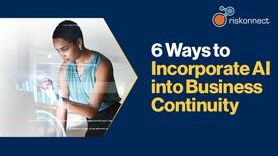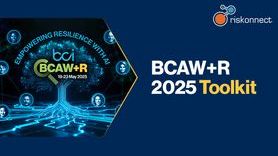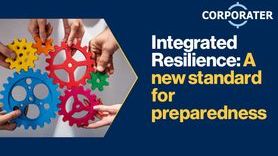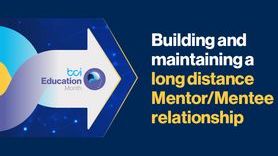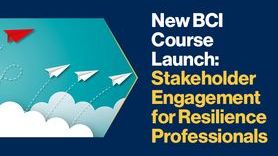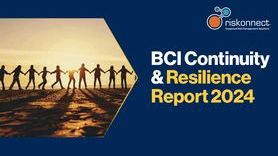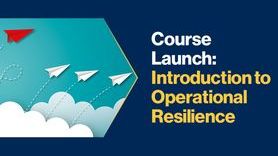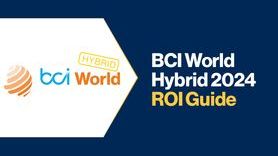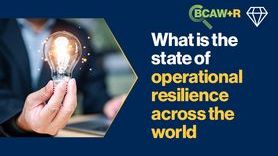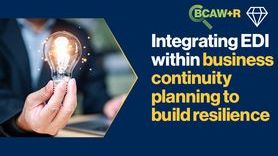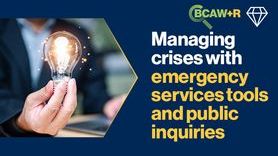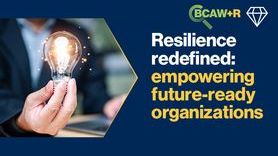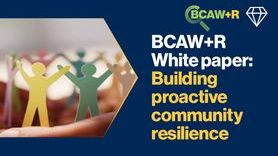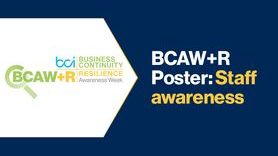BCI blog: SMART business continuity management
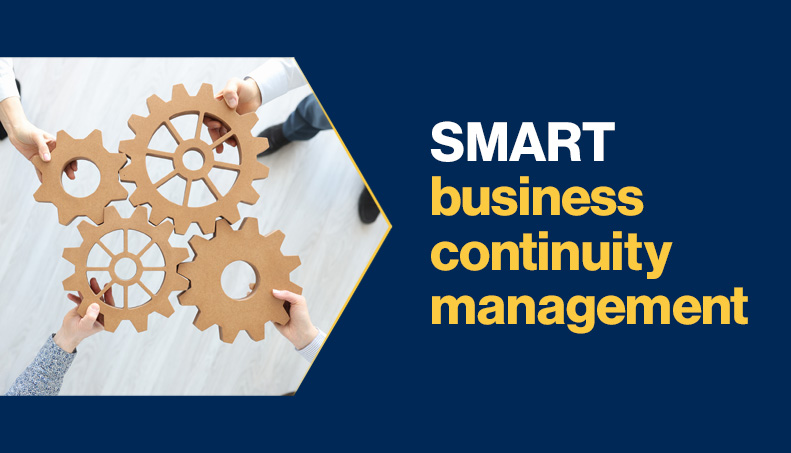
If you think that I forgot to turn off caps lock when writing the title, that is not the case. SMART business continuity management is an acronym summarizing several points that I think are essential in setting up and developing an effective business continuity management programme.
I have been thinking for a long time about how to push a business continuity management system as a truly integral and equal part of the management of an organization. In fact, I believe that the main problem is not about using the proper methodology to meet the requirements of regulations and standards in order to create comprehensive analyses and plans, but how we can convince management and employees of the organization about the true effectiveness and benefits of business continuity management.
This means creating an environment that sees business continuity management principles not as an administrative burden or regulatory obligation, but as a natural and obvious part of day-to-day work. Only then can a level be reached where business continuity management is not just a tool for dealing with unexpected outages, but for sustainably building a system that is truly resilient to disruption.
Therefore, I have sought to summarise the necessary conditions for achieving this objective in the following SMART points:
S - Start with simple. When starting to demonstrate the importance of business continuity management, it is advisable to choose a process, activity, or service that is not very complex or extensive. Rather, choose an area in an organization generally known and well described (including responsibilities, dependent parts of the organization, necessary resources) whose shortfall would have major financial and non-financial implications.
M - Make a plan. Think carefully about how the business continuity management system should be set up and led. Keep in mind that it is this information that will be essential in assessing the importance and benefits for both management and the employees involved in the business continuity management agenda.
A - Accompany stakeholders. From the beginning of the process, actively communicate with owners of risk, sponsors of back-office activities (e.g. facility management, IT operations, security) and involve them in the preparation of the relevant parts of the business continuity management programme. Familiarise them with their roles and responsibilities in advance, but also how they can influence the quality of their daily agenda through these roles (e.g. enforcing requirements for the availability and quality of ICT services, increasing investment and costs, as well as development and maintenance, etc.) Note: business continuity management is not just a set of measures and documents, it's primarily working with people.
R - Respect! In my view, the key and fundamental condition of a high-quality and functional business continuity management programme. It is essential that we understand the real needs of those to whom business continuity management measures are directed. Equally, the organization needs to be aware of our efforts to continuously improve and build a resilient and functional environment.
T - Test existing measures. It’s said that a test that doesn't detect errors isn't successful. That's certainly true, however, to err is human. The aim of testing is not just to point out existing shortcomings or to prove an organization's lack of preparedness to respond to an unexpected, unannounced emergency. It is also about educating and presenting the possible consequences and impacts that such an event can bring. Therefore, let's focus on testing procedures that are prepared and consulted with the relevant responsible persons with precision and clarity in advance. This will help us not only to carry out an effective verification of business continuity procedures, but above all to present results and recommendations to those responsible and discuss (not direct) the appropriate remedies.


